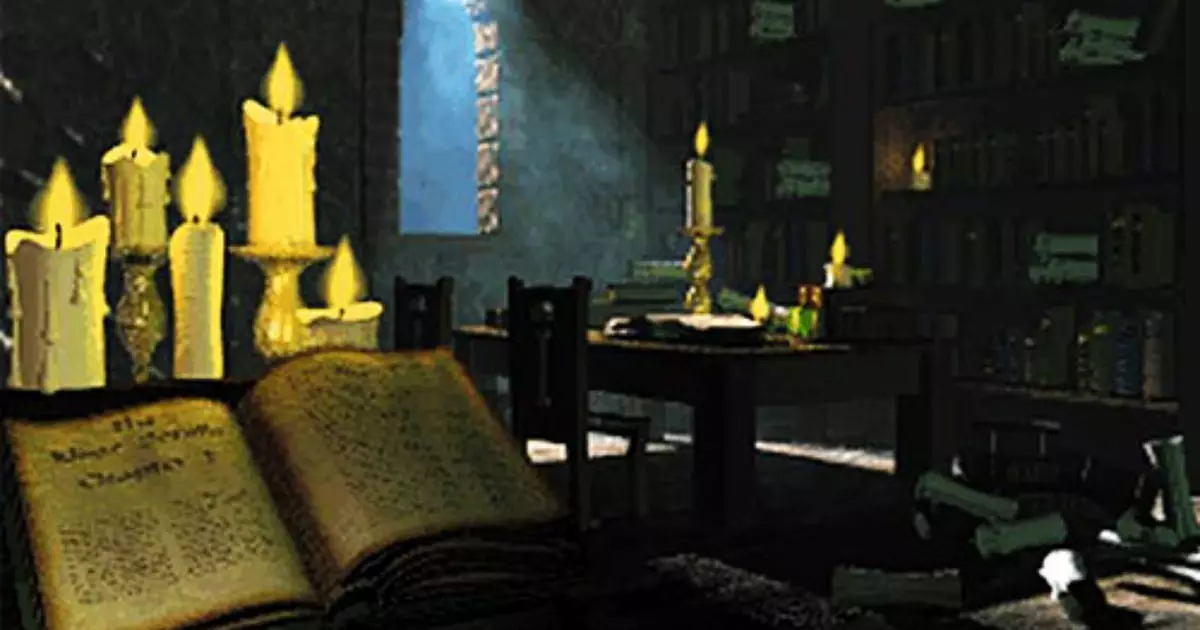Julian LeFay’s departure from the world marks the end of an era for those who cherish immersive storytelling and groundbreaking game design. His journey began in the late 1980s when he joined Bethesda, a fledgling company at the time, bringing with him a passion that would revolutionize role-playing games (RPGs). His early work on titles like *The Terminator* and *Daggerfall* laid the foundational stones for what would become one of the most influential RPG franchises ever—*The Elder Scrolls*. LeFay wasn’t just a programmer; he was an architect of worlds, a visionary whose ideas extended beyond the screen into the fabric of game design itself.
LeFay’s leadership in projects like *Arena* and *Daggerfall* was instrumental in defining the open-world RPG genre. His technical mastery and creative insights pushed the boundaries of what was technologically feasible in the 1990s, offering players vast, detailed universes brimming with endless exploration. It’s notable that even decades later, his influence echoes through the design philosophy of modern RPGs. His involvement in titles such as *Morrowind* and *Redguard* further cemented his reputation as a pioneer who was never content with the status quo.
A Legacy Rooted in Innovation and Mentorship
Beyond his technical accomplishments, LeFay was revered for his mentorship and dedication to nurturing talent. His colleagues describe him as a visionary whose commitment to excellence inspired those around him. For many in the industry, he was a guiding star, often pushing development teams to realize ambitious ideas that others deemed impossible. His role in shaping *Tamriel*—even inspiring the deity Julianos—reflects the profound cultural impact he had on the franchise and its universe.
In the years after leaving Bethesda, his creative pursuits were less visible, but his influence persisted. His collaborations with Sega and other studios demonstrated his continued passion for game development. The 2017 interview with YouTuber Ian Phoenix marked a resurgence of interest in his career, and it was during this period that he rekindled his partnership with fellow Bethesda veteran Ted Peterson. Together, they envisioned a project that could stand as a worthy successor to *Daggerfall*—a testament to his lifelong commitment to crafting meaningful, expansive RPG worlds.
An Enduring Spirit Amidst Personal Adversity
LeFay’s story was also one of resilience. His battle with cancer was a test of unwavering dedication, yet even in his most challenging moments, he remained passionately committed to his craft. The team at OnceLost Games emphasized this in their tribute, noting that he continued sharing his vision, mentoring staff, and pouring his soul into *The Wayward Realms* despite medical hardships. His strength served as an inspiration, embodying the very essence of perseverance and dedication.
This unwavering focus highlights a broader truth about LeFay: his dedication wasn’t merely professional but deeply personal. His contributions transcend code and design; they represent a relentless pursuit of excellence that has left an indelible mark on the gaming community. His passing is not simply a loss but a reminder of how one individual’s passion and innovation can shape an entire industry.
A Legacy That Will Continue to Inspire
Although his physical presence will be missed, Julian LeFay’s legacy endures through the worlds he helped create, the countless game developers he inspired, and the vision of RPGs as expansive, immersive experiences. The development of *The Wayward Realms* under his influence demonstrates that his spirit remains alive in the studio’s ongoing work. His story is a testament to how dedication, creativity, and resilience can leave a lasting impact that elevates an entire medium.
Ultimately, LeFay’s contributions underscore a core truth about innovation: it requires boldness, relentless pursuit of ideas, and a willingness to push beyond limits. His life reminds us that great creators not only build worlds but also inspire those who follow to dream bigger and reach higher. His legacy isn’t just in pixels or code; it’s in the inspiration he leaves behind for generations to come.


Leave a Reply